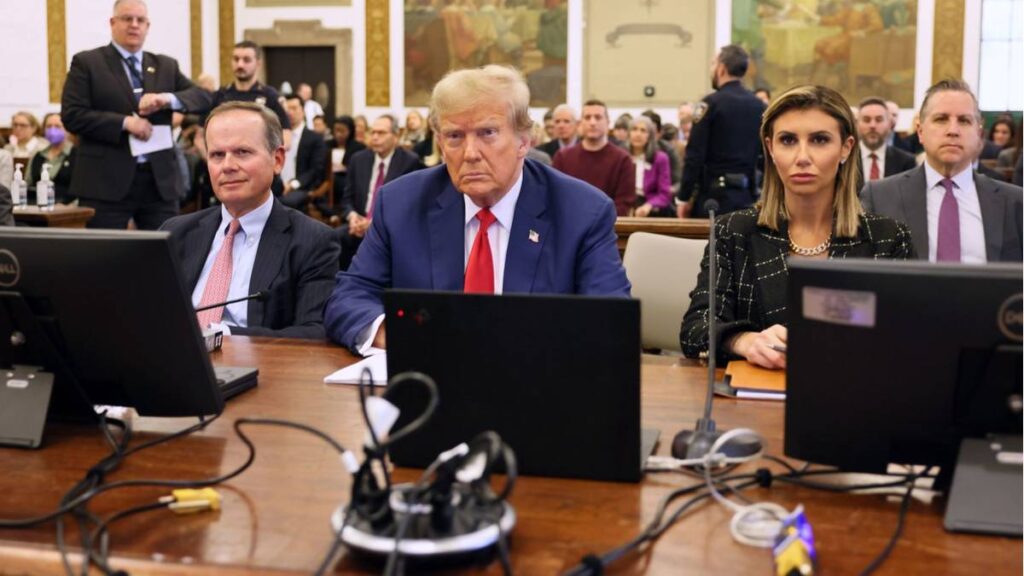A federal appeals court in Washington DC passed rulings on a Trump defense in which he invoked presidential immunity. According to the ruling, Trump’s immunity was not an acceptable excuse for him to commit a punishable offense as a sitting president.
In the first opinion document, by the three appeals court judges, Trump’s immunity claim went out of the window. Trump’s lawyers suggested that he cannot be persecuted for “official acts” close to the end of his tenure as the U.S. president. So, the judges refused to accept his immunity claim as it would set a terrible precedence for presidential officeholders. This first ruling was contained in a 57-page document.
However, the one-page document that contains the second ruling consists of a schedule to guide the resumption of the case. Trump had initially requested to halt the proceedings of his attempt to compromise a federal election.
In the second ruling, the appeals court has given Trump’s defense team a deadline to appeal the first ruling. Failure to exploit this wild card will imply that the federal appeals court will eventually rule on Trump’s prosecution case.
ALSO READ: Jack Smith Exposes Trump’s “Frivolous” Defense in New Filing
Legal analysts have assessed the moves of Trump’s legal team. These legal experts have concluded that Trump knows that the appeals court will not agree with his immunity claim, particularly in the face of a criminal indictment. However, they feel this move is solely a ploy by his legal team to buy as much time as possible.
If they can hold off the prosecution for long enough, then Trump would be able to contest for reelection as president. This implies that Trump becoming president will mean a fresh round of immunity. Also, in the course of his potential presidency, he may end up influencing the legislature to rule in his favor.
POLL — Should Donald J. Trump Be Allowed to Run for Office?
Usually, when an appeals court sits on a case, the lower court in which the lawsuit started will have to halt proceedings until the appeals court rules. This is precisely what happened in Trump’s prosecution case for attempted election theft.
Judge Tanya Chutkan is the federal judge who initially heard Trump’s case before it went to the appeals court. Interestingly, Chutkan postponed his trial till March 4 while awaiting the higher court’s ruling. However, the second ruling of the appeals court passes the buck to the Supreme Court.
ALSO READ: Trump Calls for Debate With Biden Ahead of General Elections
By implication, the Supreme Court will decide if Trump can delay his federal hearing any further or if he has to return to answer Judge Chutkans without any other delays. So, despite Chutkan postponing proceedings of the federal case till March 4, the appeals court has given Trump till February 12 to appeal to the Supreme Court.
Eventually, if the Supreme Court decides to hear Trump’s appeal, it would be the gift of the year for the defendant. Why? Judge Chutkan will have to wait several other months before she can rule on the actual case. However, the highest court in the nation can take another route: issuing a “summary affirmance.” This means that the Supreme Court justices affirm the appeals court’s stand and call for rapid prosecution of the original lawsuit that special counsel Jack Smith filed.
You Might Also Like:
U.S. Retracts Claims It Notified Iraq About Retaliatory Airstrikes
Experts Accuse Biden Administration of Letting Non-Citizens Determine Political Representation
Here’s How To Travel on a Budget in 2024
“Who the Hell Does He Think He Is?!” Biden Attacks Trump at Nevada Campaign Rally
12 Camping Hacks Every Camper Must Have Under Their Belt
